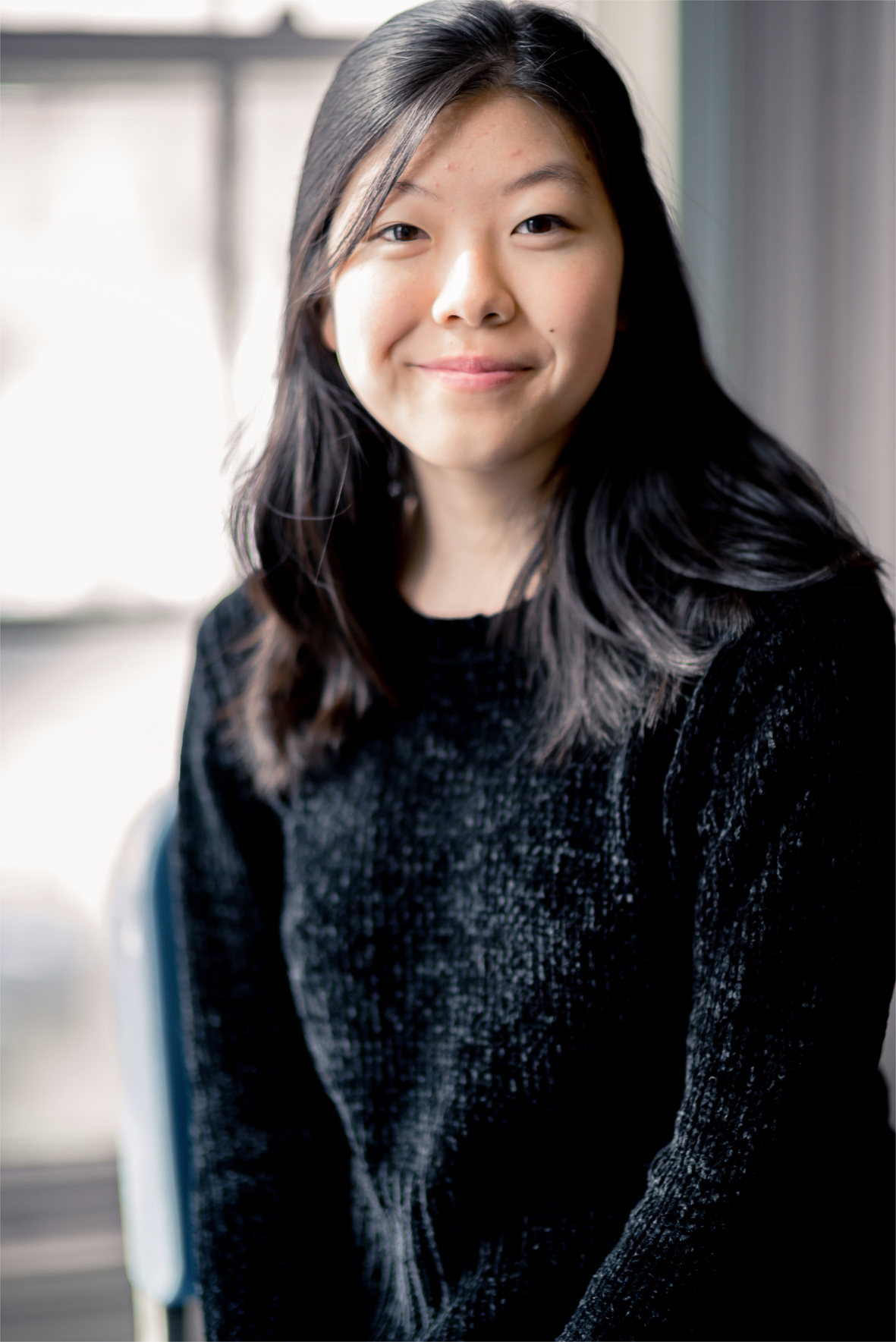
Courtesy of Charlie Gleberman
Caroline Ho’s ’22 music blurs the lines between the 19th century and the 21st, merging atmospheric synth, classical and pop music. Every genre Ho listens to makes its way into her compositions.
“She has an unmistakable ‘Caroline’ sound,” said Yale professor and film composer Konrad Kaczmarek. He said he suspects this comes from her background as a classically trained cellist and pianist, improviser and avid music consumer. He said she has the “chops” from studying music theory but is open to all kinds of music.
Nanki Chugh ’22, who first played music with Ho in middle school orchestra and has been close friends with her since, also admires how Ho weaves diverse time periods and genres. Chugh said that, though Ho’s most recent pieces play with jazz and more contemporary classical techniques, they also have recurring melodies, much like romantic-era music.
Ho’s father plays jazz bass as a hobby — she said this accounts for her love for jazz and maybe also for her music-absorption skills. She began taking piano lessons at age 5 and picked up cello at the age of 7. All she ever did after school was practice cello. At around 8 she began composing, working studiously in the room that held the family’s brown upright piano.
“I was the third child in my family, so I could spend as much time as I wanted in this room, and no one would notice,” Ho remembered.
When Ho was 13, a professor at UCLA came across one of her compositions and asked to premiere it at a concert in Italy. Then, at 14, she watched a group of professionals play the piece in Siena before an expansive audience.
Through her high school years, Ho continued composing, shifting her focus from cello to piano. Ho said she practiced piano five to six hours every day and performed two to three times a week, traveling all over her home state of California.
When she was a senior in high school, Ho entered a prestigious three-week international competition. The experience inspired her to take a gap year after high school. She described the competition as a turning point.
“I needed to take stock: ‘Do I want to go to a conservatory and do this for the rest of my life, or do I want to get a more well-rounded education?’” she said.
During her gap year, Ho said she studied piano full-time and felt a void in her life. Ho applied to Yale that year for its robust musical community, and, upon matriculating, fell in love with the musical freedom at the University — she could compose a pop song one hour and write classical the next, she said, or discuss the merits of two vastly different genres in a single conversation.
Ho began writing pop songs and collaborating with her friend Emily Li ’22. The two were granted an award by the Tsai Center for Innovative Thinking at Yale meant to promote Asian Americans in the arts. With the funding, they organized a concert of original pieces centered around Asian American identity. The concert sold out and inspired them to start their band, Grove. Grove draws from jazz, classical, bluegrass, a cappella and theater traditions alike.
This semester, Ho is taking Yale classes from home to work on her musical portfolio. She is incorporating more improvisation into her work and drawing from the jazz that scored her childhood. Ho is turning ever more towards composing for film and even trying her hand at TV scoring. She added that she is excited to maybe try another genre: “‘Cause, why not?”







